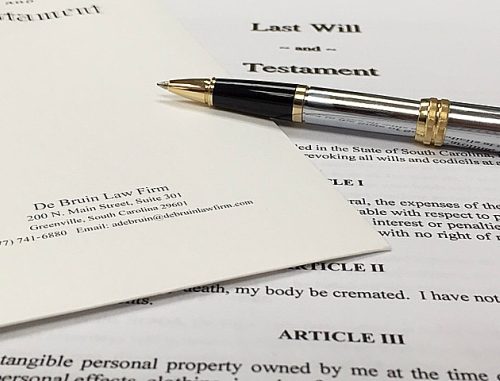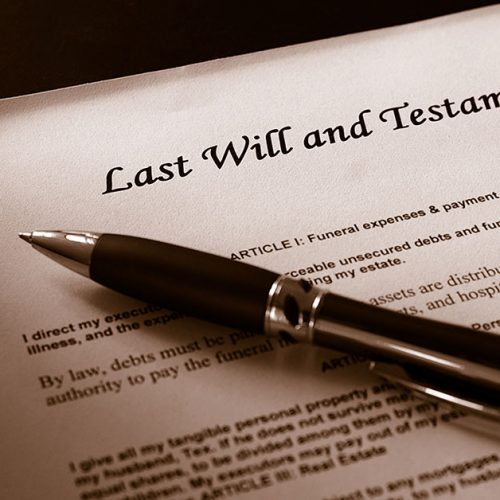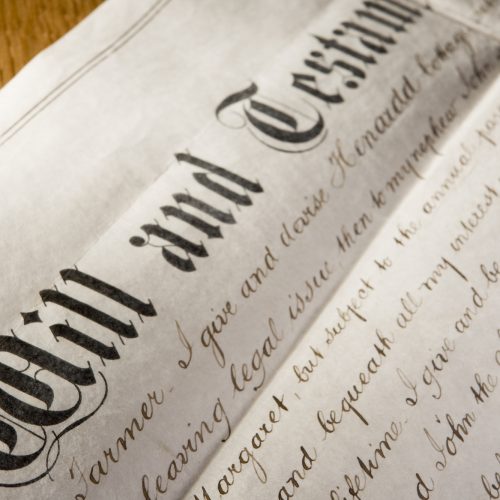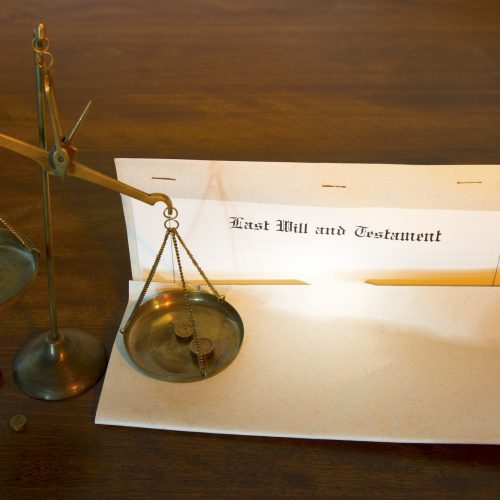Using A Trust To Control Assets
A trust is a versatile estate planning document that can be used in many different ways and for many different reasons. One benefit of a trust is that it can provide instructions for how money or assets are to be distributed. There are numerous possibilities for using a trust to control assets. Some examples of how a trust can be used to control money and/or assets are as follows:
Minor or Disabled Individuals:
Care and Support of a Minor or Disabled Individual: Some minors and disabled individuals acquire their own money or property through employment, inheritance, or case settlements. An individual can establish a trust to protect the money or property owned by the minor or disabled person. For example, the trust can state that money in a specific bank account is to be used only for food, clothing, housing or education. Creating a trust can be especially useful to ensure that the parent or guardian for the minor or disabled individual does not spend the money inappropriately.
Property after Death
Post-Death Control of Property: Some people want to make sure that their heirs spend the inherited money wisely. Other people want to maintain a certain amount of control over their money and property after they are gone. For example, a parent can create a trust stating that his or her children will only receive the inherited money if they graduate from college. By setting up a trust, parents can encourage their children to take certain actions even if they are not around to guide them.
Control of Property
Pre-Death Control of Property: Sometimes, it may be desirable to use a trust account as a way of controlling one’s own assets and property during one’s lifetime. For example, a person who wins the lottery might want to limit how much money can be spent per month in order to make sure that the money lasts as long as possible. It is possible to establish a trust restricting access to your own money. This can be a useful estate planning tool for people who are concerned about their inability to control their spending or manage their own money properly.
Types Of Trusts
Under South Carolina law, there are various types of trusts that can be created. Individuals can establish a revocable living trust, which allows them to control all of their property during their lifetime and cancel it at any time. An individual can also create an irrevocable trust, which is a trust that cannot be cancelled. Individuals also have the option to create a testamentary trust which becomes effective upon death. It is important to speak with an estate planning attorney who can explain the different types of trusts that are available and create the trust that will help you to accomplish your goals.
At the De Bruin Law Firm in Greenville, South Carolina, our estate planning attorneys can analyze your needs and create the right type of trust that accomplishes your goals. Contact the De Bruin Law Firm today to schedule an appointment with one of our estate planning attorneys.










